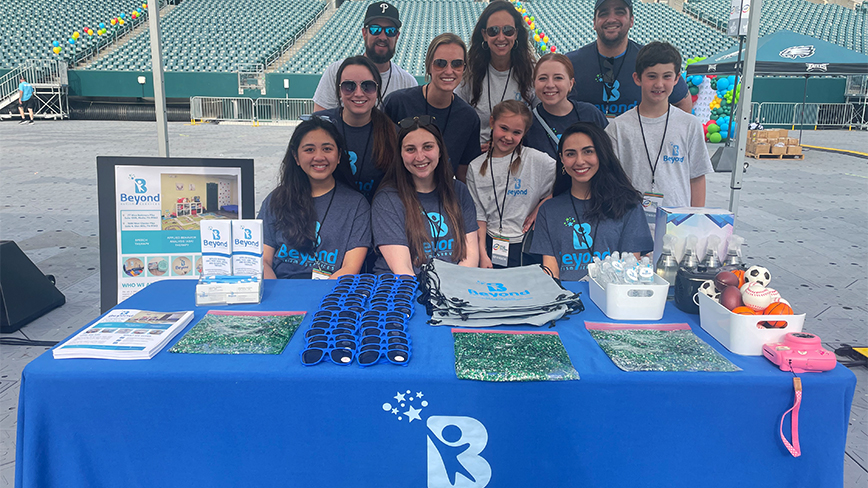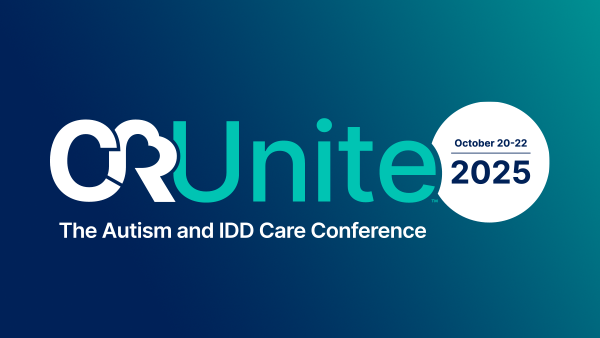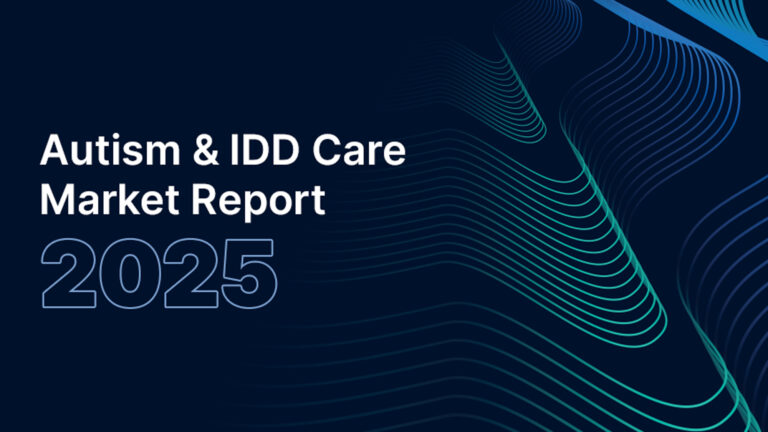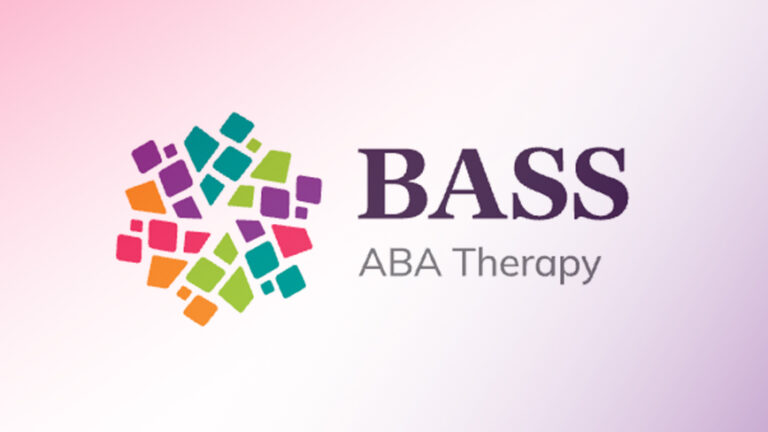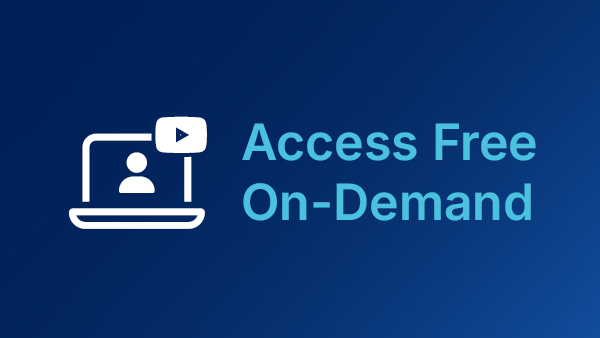The ABA field has experienced rapid growth over the past decade. Thousands of newly minted BCBAs and RBTs enter the field each year to meet rising demand. ABA clinicians work tirelessly to balance the demands of delivering individualized, ethical care while managing a host of administrative tasks and maintaining compliance with BACB, funder, and legal requirements. These challenges create a recipe for burnout in a field with already high levels of burnout and attrition.
Fortunately, advancements in artificial technology (AI) are reshaping how ABA practices operate, affording clinicians the opportunity to focus more on quality care and supervision and less on administrative tasks. And it isn’t just large ABA organizations that benefit from AI tools–Practices of all sizes can harness the potential of AI. By adopting AI-powered tools, organizations can save valuable time, optimize resources, and empower clinicians to focus on what matters most. In this article, we’ll uncover the impact of AI on small therapy practices and hear directly from some of our customers who are experiencing success with AI!

Save Time While Improving ABA Session Note Quality
Time is precious for small ABA practices. One way AI is transforming workflows and saving time is with AI-generated session note summaries. Using the data input throughout the session, AI crafts an accurate, complete, and payor-compliant session note. Not only does this improve the quality and accuracy of session documentation, but it also reduces the time and effort behavior technicians spend writing their notes.
As many ABA practice owners can attest to, getting behavior technicians to submit session notes on time is a challenge. To avoid taking time away from the direct session and ensure compliance with billing code usage, it is common practice for RBTs to write session notes after their session. However, this costs organizations non-billable time and adds extra work to the RBT’s plate.
CentralReach’s AI-generated session summaries offer practices a game-changing solution. RBTs can dedicate their whole therapy session toward clinical care, so they aren’t bogged down by paperwork. With the click of a button and a minute or two to review and revise, they can seamlessly submit notes at the end of their session, thus avoiding the constant cycle of supervisors chasing them down.
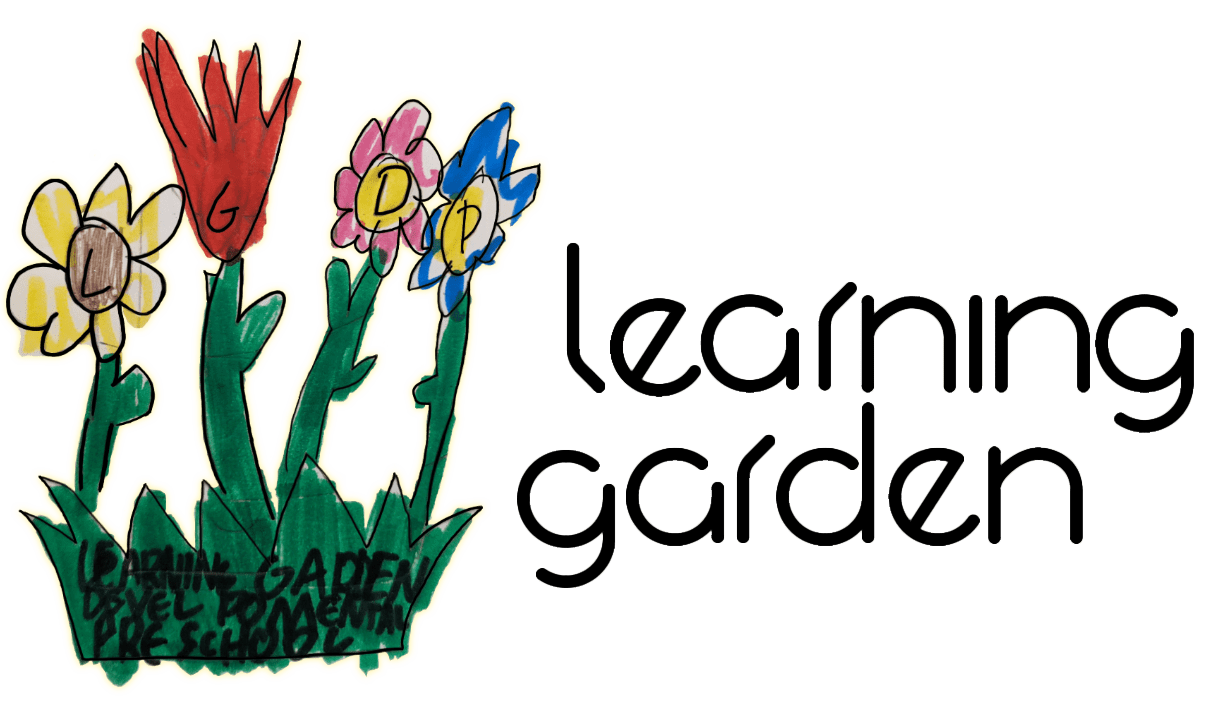
This amount of time savings adds up quickly, enabling improved client outcomes and financial health for the practice. Accurate and complete session note documentation is critical. Payors may need to see session notes to validate services, particularly in an audit. Further, session notes allow supervisors and parents to monitor the learner’s progress and identify trends. With drastic variations in writing abilities, utilizing AI for session notes ensures consistency across team members. Adams Behavioral Consulting has found this to be particularly true with CentralReach’s session note generator, saying:
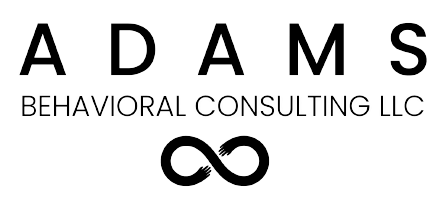

Ease Onboarding, Training, and Support for RBTs
The RBT role requires a tremendous amount of knowledge and skill. Getting new technicians trained and onboarded can be overwhelming. There are many competencies for the technicians to learn, including data collection and high-quality, accurate documentation.
AI-generated session notes can improve the onboarding and training workflow for new RBTs, enabling a quicker and easier process to learn data collection and documentation. Easing the technician’s responsibilities allows training to be more heavily focused on direct client care.
The demanding nature of the behavior technician role can often lead to burnout. This work can be draining–both mentally and physically. This often leads to a vicious cycle of completing session notes late, as the RBT doesn’t always have the bandwidth to spend time documenting the session immediately afterward. As Adams Behavioral Consulting experienced firsthand, it’s time-consuming for small business owners to continuously have to follow up with employees to ensure their session notes are entered. Supporting direct care staff with AI tools that can easily summarize their session with data inputted during the session is a lifesaver.

Reduce Errors and Increase Audit Readiness
Incomplete and error-ridden documentation adds immense financial and administrative risk to ABA practices, including the potential for:
- Rejected claims
- Funds recoupment
- Increased frequency of payor audits
- Administrative burdens
- Loss of payor contracts
These risks are especially draining on small ABA practices that are already operating with limited staff and resources. Audits can take a substantial toll on these practices. AI empowers ABA practices to be audit-ready by improving compliance with timely session note completion and reducing common documentation errors.
Before switching to CR Essentials, The Learning Garden had a 28% error rate on their session notes. That rate dropped down to 9% with CR Essentials before the AI session summaries launched. Since using the AI-generated summaries, their error rate drastically reduced to less than 1%. Proactively preparing for inevitable payor audits with concisely written, error-free notes helps ABA organizations minimize their impact.


Alleviate Administrative Burdens
Small ABA practice owners must wear many hats, juggling countless responsibilities–from clinical work to marketing, recruiting, training, billing, and the list goes on. Taking unnecessary busy work off the plate of a practice owner can improve their productivity and empower them to scale their practice.
One small ABA therapy practice experienced this firsthand. The Learning Garden’s practice owner experienced tremendous time savings when adopting CR Essentials AI-boosted session notes. Previously they were spending 10 hours every week reviewing session notes and following up on corrections.
These time savings are more than mere numbers–they represent countless opportunities to reclaim time and focus on client care and growth-oriented tasks. Eliminating administrative burdens allows clinic owners, directors, and managers to refine clinical services, expand care, and foster a strong team of clinicians with a positive work culture.
Utilizing AI workflows within a practice management solution with customer support further alleviates administrative burdens for owners and managers. As the owner of Adams Behavioral Consulting shared,

The field of ABA therapy is expanding rapidly
with more demand for services than ever before. How can your practice thrive amidst these demands? The answer lies in innovation.
Posted in AI, Clinical, Practice Management
You may also like...
Related information and stories
Post-Audit Action Plans: How ABA Organizations Can Respond and Improve After an Audit
In healthcare, funder audits are inevitable at one point or another. Most ABA organizations have or will one day go through an audit. Staying audit-ready with a comprehensive compliance plan…
Continue ReadingA Unified Solution for Your Small Therapy Practice: ABA Practice Management Software
Operating a small ABA therapy practice is a major juggling act. With endless responsibilities, from case oversight to staffing, training, and even billing, there is never enough time in the…
Continue ReadingEthical AI Integration in ABA: Navigating the Future of Possibility
As behavior analysts, we find ourselves at a curious choice point. Artificial Intelligence (AI) is rapidly transforming industries across the board, and Applied Behavior Analysis (ABA) is no exception. But…
Continue Reading